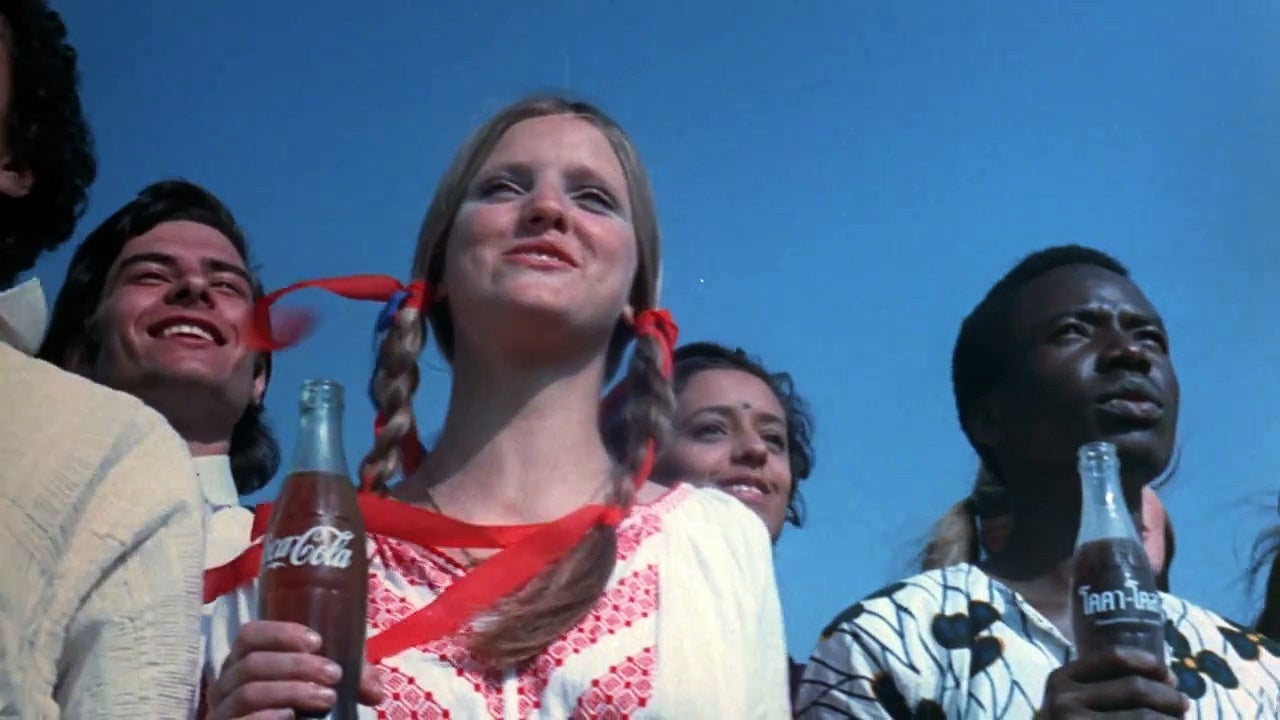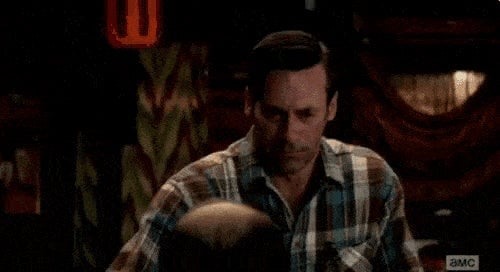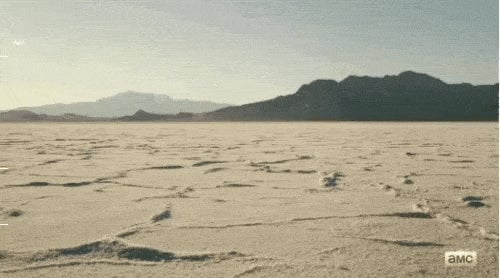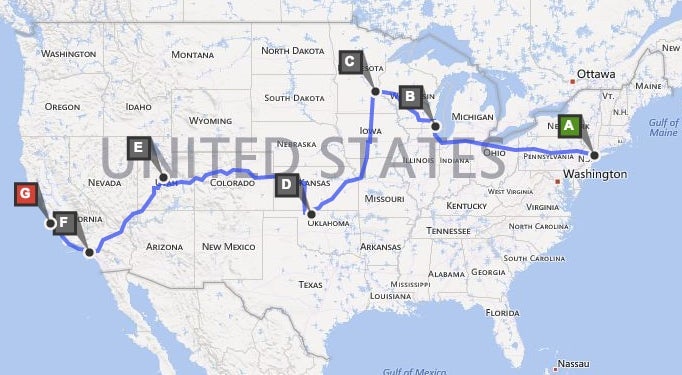“Mad Men” series finale recap: After seven seasons, the show ends on a hilltop
In the end, Don Draper bought the world a Coke.


In the end, Don Draper bought the world a Coke.
Mad Men’s final scene was perhaps the most iconic commercial ever to air in the United States: the 1971 “Hilltop” ad for Coca-Cola.
The implication, though it’s hardly clear from the sequence of events at the end, is that Don’s wayward journey across the country, a reckoning and rebirth of his soul, ultimately leads back to New York, where he conjures the commercial. In real life, “Hilltop” was created by a McCann-Erickson creative director, just like Don.
But none of that is shown on screen. Instead, we leave Don meditating at a retreat in California that resembles Esalen. “The new day brings new hope,” their spiritual leader says. “The lives we led, the lives we’ve yet to lead. A new day, new ideas, a new you.” Don and the rest of the group respond with ommm, and then it cuts to the ad.

Reinvention has always been the central idea of Mad Men, like so much American art before it. Dick Whitman reinvented himself as Don Draper and took that character as far as he could go. “I broke all my vows, scandalized my child, took another man’s name, and made nothing of it,” Don tells Peggy on the phone from Esalen. Later, Don finds another man just as broken as him, Leonard, and they embrace, sobbing.
Peggy had told Don he could come home and get his job back, even though the executives at McCann are furious with him. “Don’t you want to work on Coca-Cola?” Peggy asks, a hint of what might come. Don is skeptical—“I can’t. I messed everything up. I’m not the man you think I am.”—but though it seems briefly that he might kill himself, Don knows that reinvention is just a question of will.

The final episode begins with Don about two-thirds through the cross-country journey that began when he walked out of a meeting about Miller Lite two episodes earlier. Having given up his Cadillac to the grifter in Oklahoma, Don turns up in Utah racing another car across the desert. He’s hanging out with some new friends, who want to take the race car to El Mirage, the dry lake bed outside Los Angeles.
They head there, and Don peels off to visit Stephanie. She is the niece of Anna Draper, who is the wife of the man Don stole his identity from while they were fighting in the Korean War. Stephanie isn’t in good shape. She has been forced to give up her son and can’t find solace, even at Esalen, where she takes Don.
“It’ll get easier as you move forward,” Don tells her.
“Oh, Dick,” Stephanie replies. “I don’t think you’re right about that.”
It’s the show’s central theme. From its premiere in the summer of 2007 to its protracted final season in 2014 and 2015, Mad Men has argued with conviction that you can create your own future. That is advertising, after all. But it has never settled the question of whether you can leave the past behind.
Don’s road trip attempts to answer, and it comes at a time—1970—when the United States grappled with the question, as well. Though the previous decade had reinvented much, it would quickly be followed by the malaise of realizing that not nearly enough had changed.
Here, for what it’s worth, is a rough approximation of Don Draper’s great American road trip, through Wisconsin, Minnesota, Oklahoma, Utah, and finally Don’s destiny, southern California:

Back home in New York, Don’s secretary Meredith isn’t expecting to see him again. “Well, I hope he’s in a better place,” she tells Roger.
“He’s not dead. Stop saying that,” Roger replies.
“There are a lot of better places than here.”
Peggy is also starting to wonder if there are better places than McCann and nearly leaves to start a production company with Joan called Harris Olson. It seems for a moment that this will be the audience’s reward for sticking with the show, but instead we get a touching, if sappy, phone call with Stan in which he finally confesses his love to Peggy.
“All I want to do is be with you,” Stan says. “I’m in love with you.” It turns out to be requited. Awwwww.
Finally in a good relationship, Peggy turns down Joan, who starts the company anyway, calling it Holloway Harris, a combination of her middle and married names. It’s a triumphant moment, but comes at a cost: Her boyfriend Richard, who just wants to settle down into retirement with her, snorting cocaine in Key West and buying a house “in the mountains,” decides to walk instead of supporting Joan.
Before any of that, Roger pays Joan a visit to say that he wants to leave part of his estate for Kevin, their child who everyone else thinks was born to Joan’s ex-husband Greg. That mirrors another exchange in the episode between Pete and Peggy, who had a child together all the way back in season one. ”Some day people are going to brag that they worked with you,” Pete tells Peggy, which is perhaps the nicest thing Pete has ever said.
Don’s own tortured relationships don’t wrap up as nicely. Sally tells her father about Betty’s lung cancer diagnosis. On the phone later, Don tells Betty that he wants to take custody of the kids, leading to the harshest burn of the episode: ”I want to keep things as normal as possible, and you not being here is part of that,” Betty says.
Betty is still alive in the final moments of the episode; she’s even smoking. That scene is interspersed with a few other concluding shots: Pete, who has taken the job with Learjet, happily boards a private plane with Trudy; Joan sets up her new business in the kitchen of her apartment; Roger and Marie dine in Paris; and Stan gives Peggy a backrub while she writes. They’ve all got new beginnings.
Back at Esalen, before the final sequence, Don wakes up to find that Stephanie has taken off with his car. It shouldn’t be a surprise; it could have just as easily been him slipping off in the middle of the night.
“People just come and go,” Don says, “and no one says goodbye.”